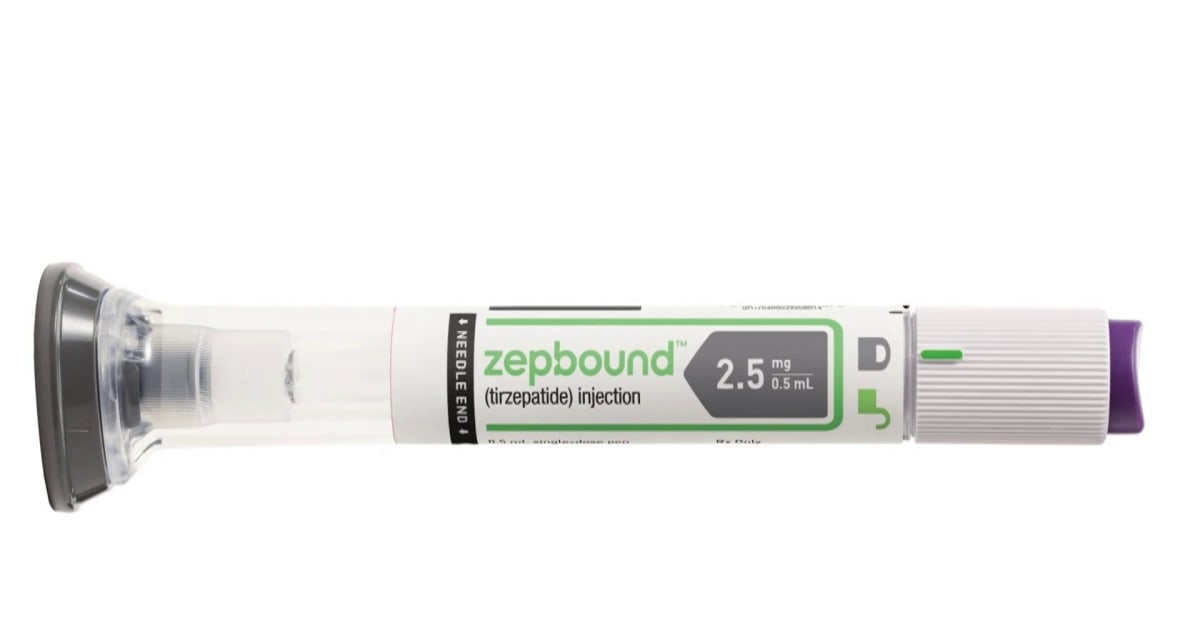
:max_bytes(150000):strip_icc():format(jpeg)/health-GettyImages-1432916936-b06946061bfb455f958e6f974385a2f3.jpg)
Borderline personality disorder (BPD) is a mental health condition that affects your ability to manage emotions and connect with others. People with borderline personality disorder experience a loss of emotional control, as well as impulsivity, intense mood swings, and unstable behaviors.
Treatment options are often effective in stabilizing symptoms. A mental healthcare provider typically recommends psychotherapy first, but medications can also support your treatment journey.
People with borderline personality disorder require lifelong therapy with a mental healthcare provider, such as a psychologist, psychiatrist, social worker, or therapist. Therapy can help with the following borderline personality disorder symptoms:
- Lack of emotional control
- Impulsivity
- Negative view of self
- Mood swings
- Difficulty maintaining relationships
With proper therapy, you’ll likely experience fewer and less severe symptoms, improved function, and better quality of life. There are several therapy options, and your provider will work with you to understand which treatment best suits your needs and goals. These include:
- Dialectical behavior therapy (DBT): A therapy developed specifically for BPD that teaches mindfulness, self-awareness, and skills to manage intense emotions and self-destructive behaviors
- Mentalization-based therapy (MBT): Helps you understand how your mental state influences your actions, allowing you to become less impulsive and improve emotional stability
- Cognitive behavioral therapy (CBT): Teaches you how to identify harmful or negative thoughts, feelings, and behaviors and change them into more positive perceptions, which can support improve mood swings, anxious thoughts, and self-harming behaviors
Research has found that psychotherapy is an effective treatment for borderline personality disorder. People who regularly engage in therapy for this condition have lower rates of psychiatric hospitalizations and self-harm.
The U.S. Food and Drug Administration (FDA) has not approved any specific medication that treats borderline personality disorder. However, certain medications can help improve BPD symptoms such as anxiety and depression. Depending on your symptoms, your provider may prescribe one or more of the following medications:
- Selective serotonin reuptake inhibitors (SSRIs) like Prozac (fluoxetine)
- Antipsychotics like Seroquel (quetiapine)
- Mood stabilizers like Lamictal (lamotrigine)
- Antiepileptics like Depacon (valproate)
A psychiatrist or prescribing psychologist can prescribe medications as needed. However, medications alone will not improve BPD symptoms. Instead, your provider will recommend you attend therapy alongside your medication regimen.
Caregivers, friends, and family members of people with borderline personality disorder may also benefit from psychotherapy or support groups. BPD can cause a person to act impulsively and have angry outbursts. This can be very difficult for the people they have relationships with, whether that’s family, friends, or partners.
If you have a loved one with borderline personality disorder, consider meeting with a therapist or support group to get the support you need. This can help you learn how to support your loved one, set clear boundaries for yourself, and practice self-care. Several programs exist, but this free program from the National Education Alliance for Borderline Personality Disorder may be a good start.
Currently, there is no cure for borderline personality disorder. However, your prognosis (or overall outlook) depends on how open you are to seeking treatment for your condition. Regular therapy can improve your symptoms, relationships, and overall quality of life.
Without proper treatment, BPD can raise the risk of complications such as depression, substance use disorder, self-harm, and suicide. When left untreated, these conditions can lower your life expectancy by nearly 20 years. That’s why seeking care and asking for support from your loved ones is so essential.
Borderline personality disorder is a serious mental health condition that affects every area of your life. Symptoms may include a lack of emotional control, impulsivity, and mood swings. Many people with BPD also experience a negative view of themselves and others, anxious thoughts, and depressive episodes.
While there is no cure, it is possible to manage the condition with regular therapy and medications. Living with BPD can be challenging, as it affects your emotional well-being, social relationships, and physical health. However, living well with your condition is possible. Asking your loved ones for support and staying in contact with your healthcare team can improve your condition and overall quality of life.








